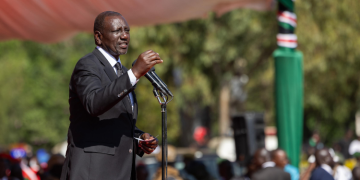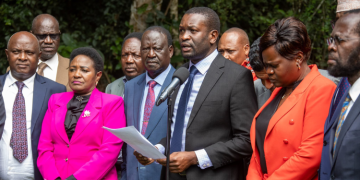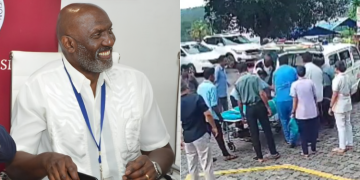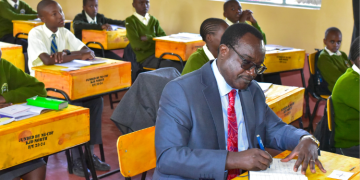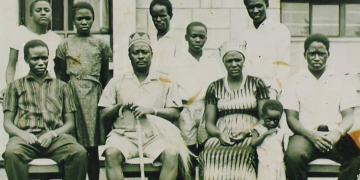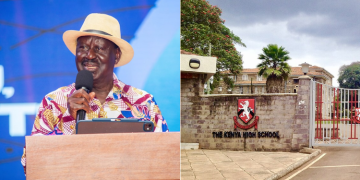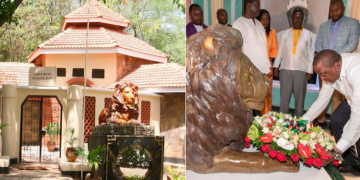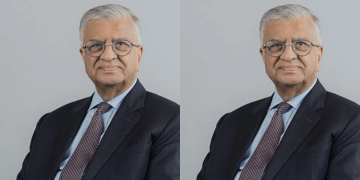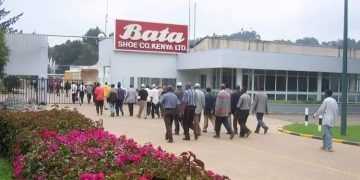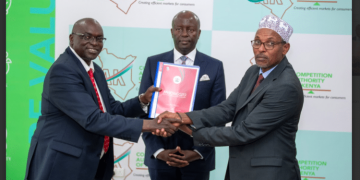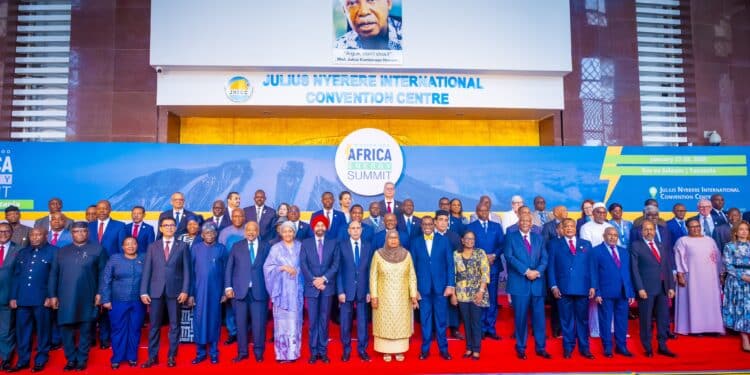Africa is rich in natural resources and is a continent in transformation. However, for Africa to prosper, leaders must review the existing political, economic and social reforms. Political leadership needs ethical commitment to good governance, responsibility and accountability to achieve the Sustainable Development Goals (SDGs). Peace in Africa is a complex and evolving goal that involves political stability, economic development, social cohesion, and conflict resolution. While many African nations have experienced significant progress others still face huge challenges such as armed conflicts, political instability, ethnic tensions, and severe violent activities.
Effective political leadership is essential for peace in Africa. Leaders must focus on democracy, economic stability, security, and social cohesion. When leaders govern with integrity and prioritize national unity, they can prevent conflicts and promote long-term stability.
The United Nations Development Programme – UNDP reports that Africa should allow women to take an active role in leadership and should not be limited to domestic responsibilities.
For instance, in Mali and Burkina Faso, it is estimated that one out of every three women has never attended school.
Conflicts in Africa
Conflict prevention and peaceful resolution of wars should be the priority of political leadership for the peace keeping in Africa.
Africa faces severe challenges. Peace and security issues need to be addressed well in time to save the future generation and achieve the sustainable development goals.
The Eastern Democratic Republic of Congo (DRC) continues to grapple with significant instability.
Rwanda-backed M23 rebels took control of Bukavu, a major city in the mineral-rich east, following the earlier capture of Goma.
These offensives have led to massive displacements, with over 6 million people affected, and have intensified fears of a broader regional conflict reminiscent of the deadly wars from the late 20th century.
The international community, including the United Nations and the African Union called for an immediate ceasefire.
Nonetheless, according to Reuters, a lot of challenges exist due to the allegations of external support to rebel factions.
In this situation, political leadership in Africa needs to further review the policies and practices for promoting peace collectively.
It is worth noting that the African Union is performing significant role in promoting peace in Africa.
What Should be done
Leaders in Africa must develop and implement policies that align with the SDGs, such as poverty eradication (SDG 1), quality education (SDG 4), and climate action (SDG 13).
Also, governments must create long-term strategies, mobilize resources, and ensure policy continuity.
African leaders must secure funding through domestic revenue generation, foreign aid, and public-private partnerships. Innovative financing strategies, such as green bonds and climate funds, can support SDG implementation.
Wars, insurgencies, and political instability in countries like Sudan, Mali, and the Democratic Republic of Congo disrupt development efforts and worsen poverty.
Peace-building initiatives and conflict resolution strategies are necessary for progress. African nations face severe climate challenges, including droughts, floods, and desertification.
Political leaders must implement policies on renewable energy, reforestation, and sustainable agriculture.
Africa has the world’s youngest population, but job opportunities remain limited. Leaders must focus on education, entrepreneurship, and industrialization to create sustainable employment.
Keeping peace in Africa is a complex challenge that requires a combination of political, economic, social, and security measures. There should be further transparent and accountable leadership that should encourage free and fair elections.
Policies should be strictly launched to stop corruption and to ensure the rule of law.
What’s more, regional organizations like the African Union (AU) and ECOWAS should be further strengthen for conflict resolution.
Inclusive governance should represent all ethnic and political groups.
There should be investment in job creation to reduce youth unemployment.
At the same time, youth should be encouraged to participate in governance and decision-making.
Lastly, civic education on rights, democracy, and national unity should be encouraged.
Follow our WhatsApp Channel and X Account for real-time news updates.



